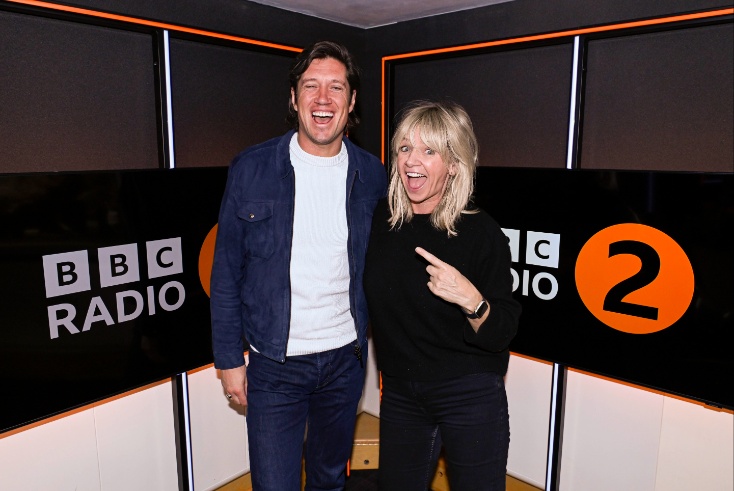The BBC has announced plans to launch four “distinctive digital music stations” as extensions for BBC Radio 1, 2 and 3.
In a statement, the BBC said these spin-offs, which would be available on DAB+ and the BBC Sounds app, “go deeper into specific genres and periods of music” and give people more choice as listening habits change. Two are proposed for Radio 1, plus one each for Radio 2 and 3.
As a public-service broadcaster, the BBC would first need to pass a Public Interest Test from regulator Ofcom in order to launch the stations.
Radiocentre, the trade body for commercial radio, has pushed back on this announcement, saying the move is “an attempt to directly imitate the recent success of commercial stations”.
The organisation highlighted that commercial stations have successfully launched many genre stations following “years of significant investment made by the sector”.
A Radiocentre spokesperson said: “Despite the polished BBC press release, when one peels back the veneer, the BBC are, yet again, attempting to compete directly with commercial radio stations, interfering with the market and failing to provide distinct public value. UK audiences are very well catered for, with more choice than ever, especially for music spin-off stations.
“Senior leaders at the BBC — Tim Davie, Charlotte Moore, Jonathan Wall and Lorna Clarke — don’t seem to acknowledge that this is not what the BBC, with its taxpayer funding, are supposed to be doing. They are required to provide services that are truly additional, distinct and incremental to what is already provided by commercial operators, not duplicate it.
“We would like to know where the money is coming from to fund these new services. The BBC often say that they need more funding to sustain current services and that they have already cut costs to the bone — including recently cutting back news and local radio funding. What are the BBC cutting to fund these new, unnecessary services?
“Ofcom should reject these proposed market interventions that would just offer duplicate services and not deliver against the BBC’s obligations, at the same time as harming commercial innovation.”
The BBC’s announcement comes as the corporation has been reducing local radio services and merging global and UK news programming.
Last week, Rajar figures showed that commercial radio’s share of listening against the BBC climbed to a record high in Q4 2023.
Rajar Q4 2023: Commercial radio hits record share of listening
Adwanted UK are the audio experts at the centre of audio trading, distribution, and analytics. We operate J‑ET - the UK’s trading and accountability system for both linear and digital radio. We also created Audiotrack, the country’s premier commercial audio distribution platform, and AudioLab, the single-point, multi‑platform digital audio reporting solution delivering real‑time insight.
To scale up your audio strategy,
contact us today.





